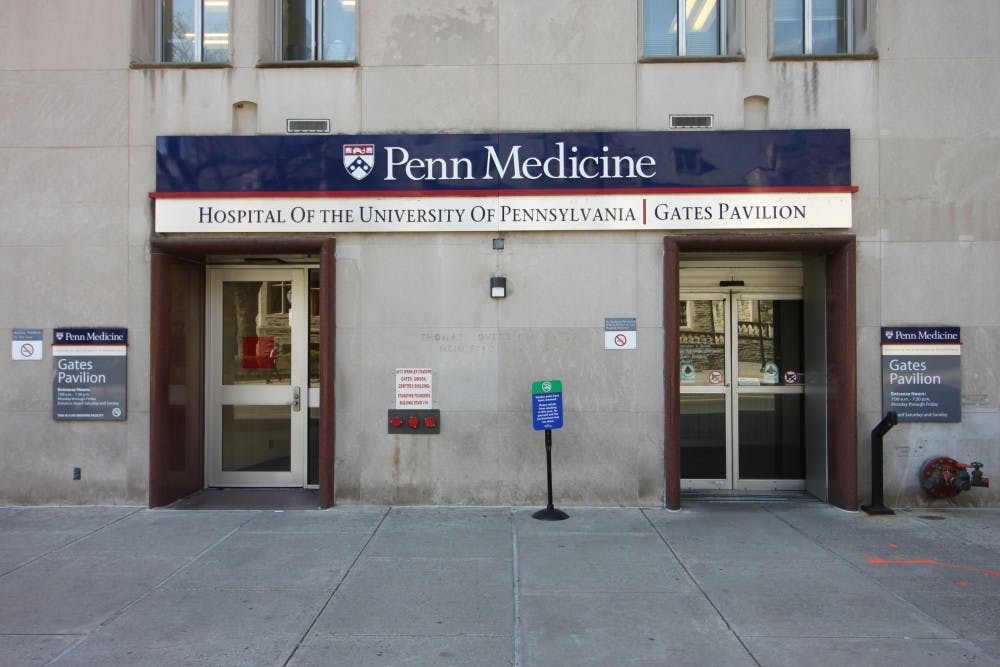The Parker Institute for Cancer Immunotherapy, a cancer research consortium funded by Silicon Valley tech billionaire Sean Parker that includes Penn’s Perelman School of Medicine, published its first successful collaborative study on Monday.
In April 2016, Perelman and five other peer institutions partnered with the Parker Institute for Cancer Immunotherapy to research new techniques for cancer treatment. Parker provided a $250 million grant that was split between the six research institutions.
The study is comprised of data collected by Perelman and Memorial Sloan Kettering Cancer Center, another partner in the consortium.
“We’re taking advantage of the collaborative environment that Sean Parker set up,” Penn microbiology professor E. John Wherry, the study’s senior author, told the Philadelphia Inquirer.
The report found that through blood tests, scientists can figure out why cancer drugs, known as checkpoint inhibitors, are not working for patients. This evaluation can begin just six weeks after a patient starts treatment. Normally, checkpoint inhibitors do not get evaluated until 12 weeks after a patient starts them, but for many cancer patients, time is of the essence. Testing after six weeks could help find alternate treatment sooner.
Parker is the co-founder of Napster and a former president of Facebook. According to Forbes, he is worth $2.6 billion. He is currently a venture capitalist and philanthropist.









